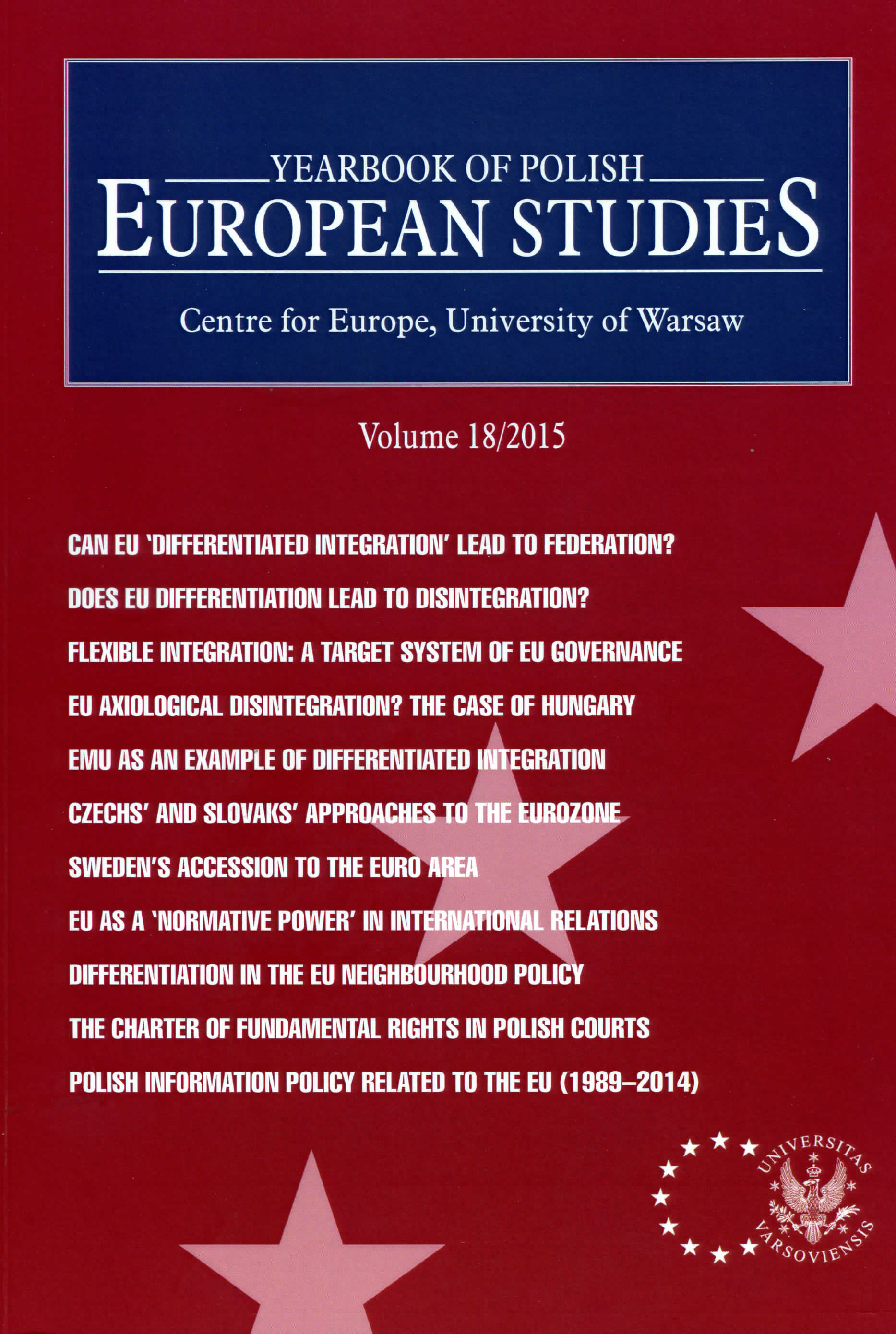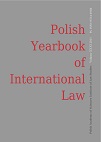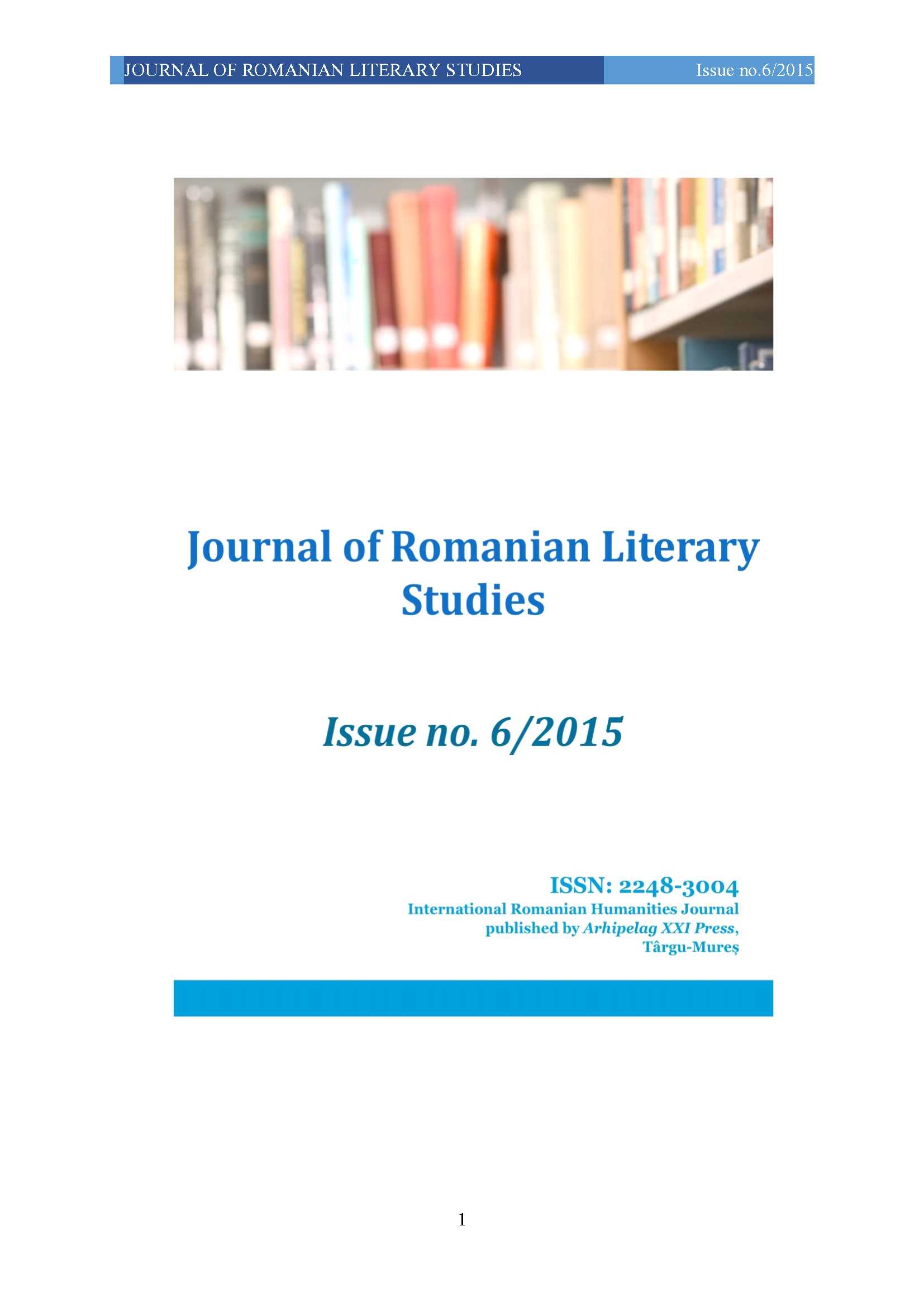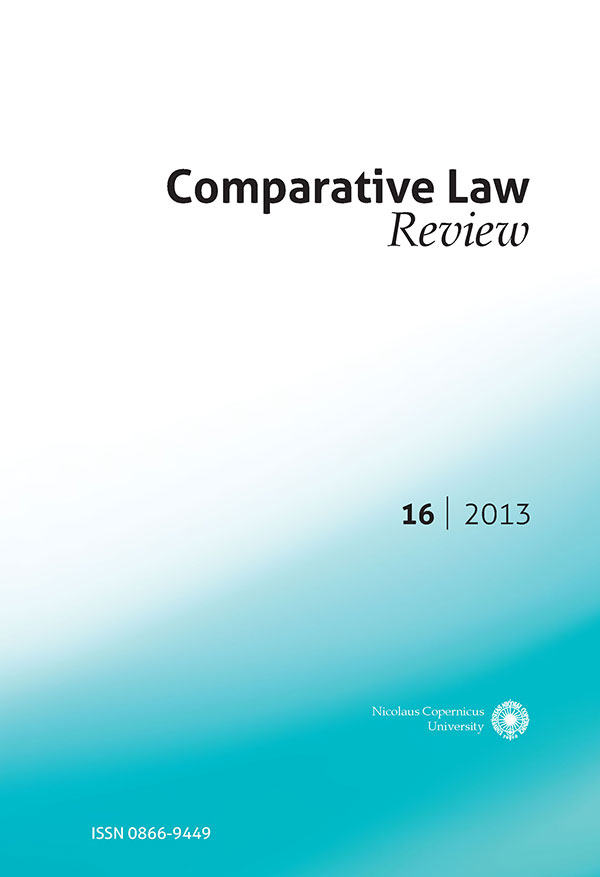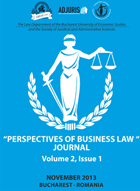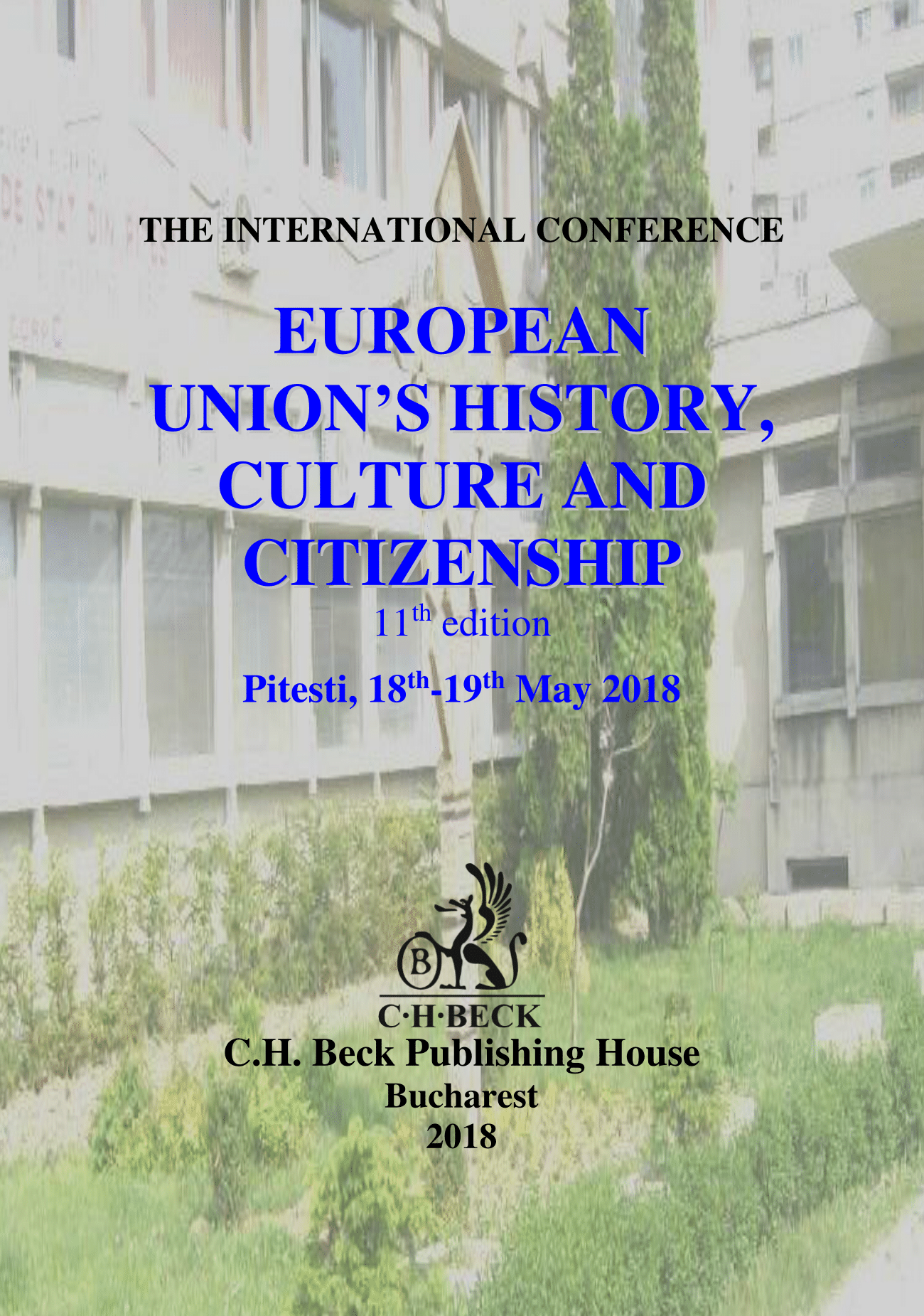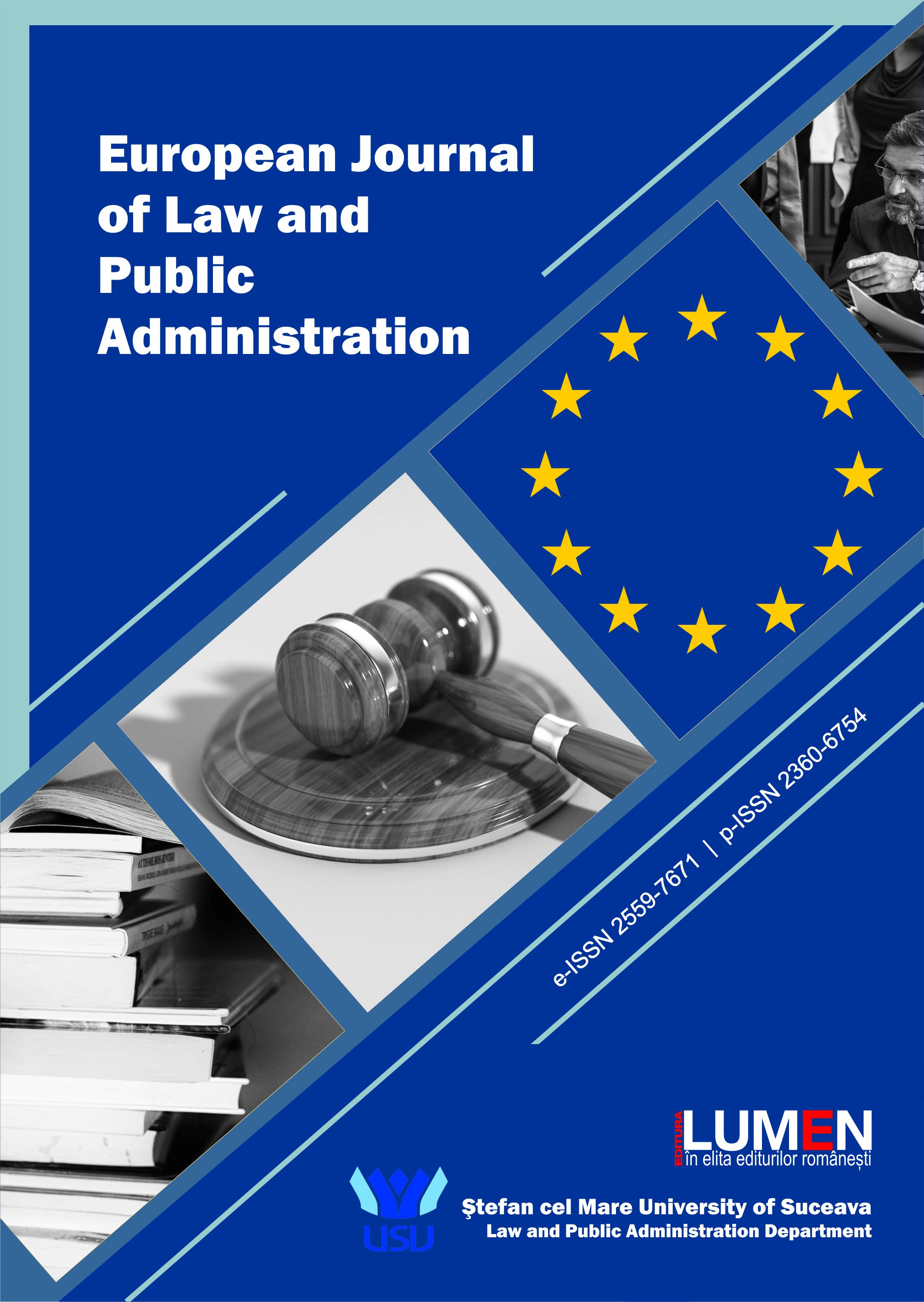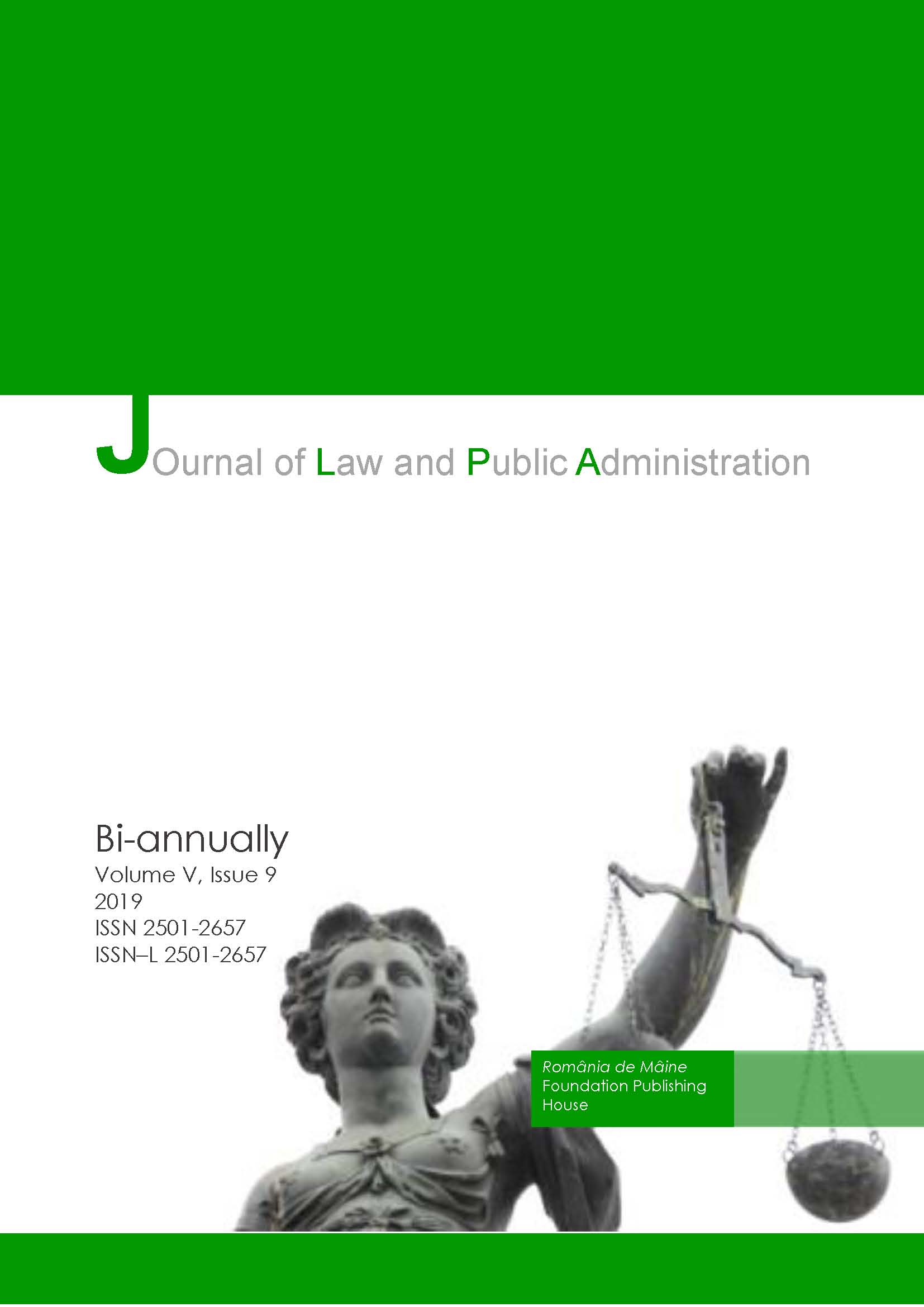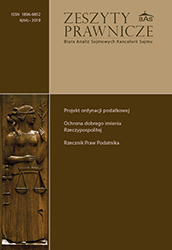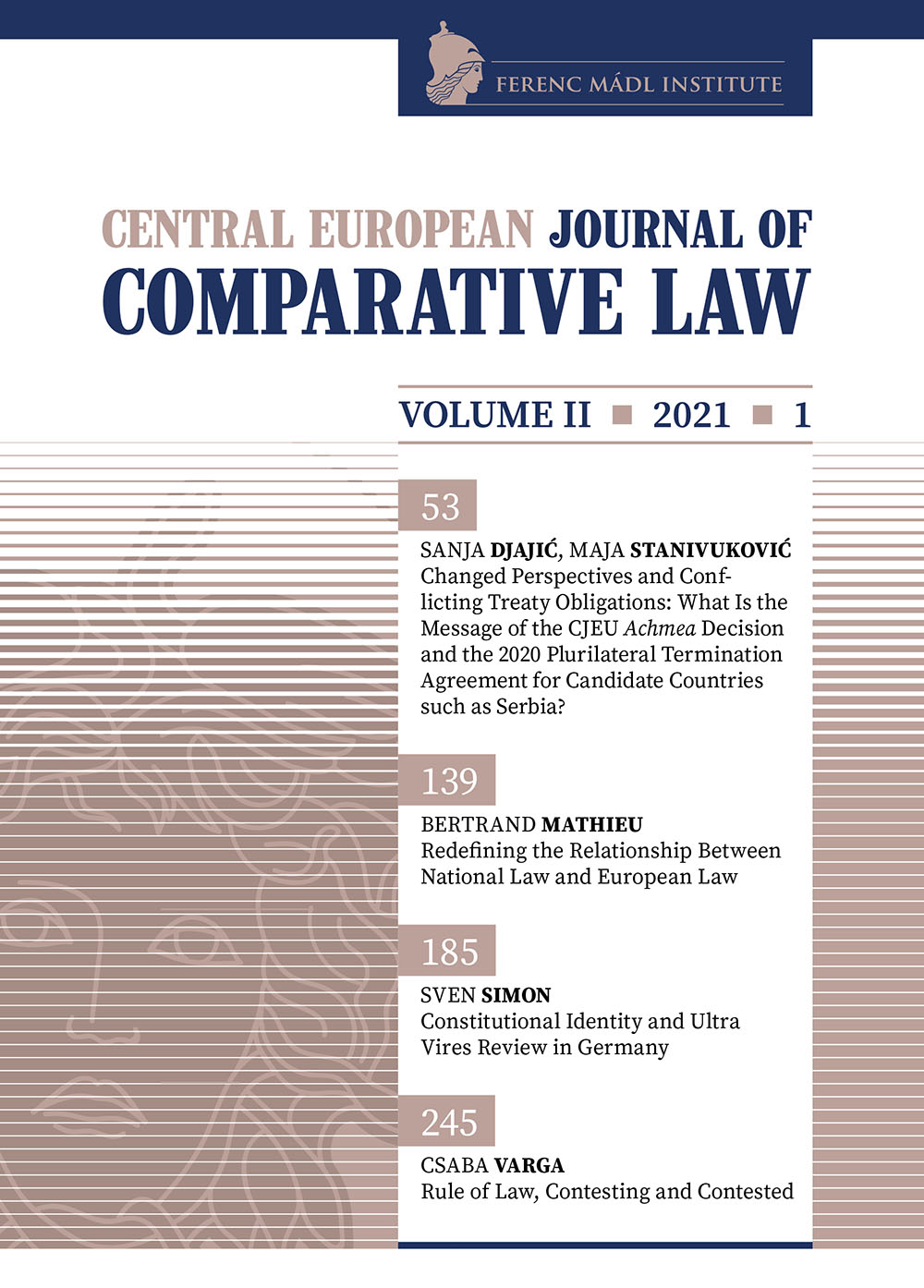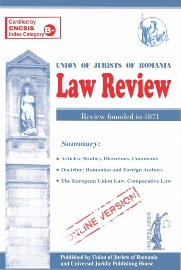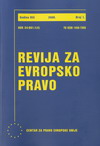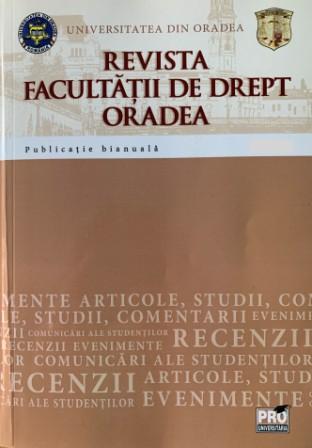ON THE PROTECTION OF BIODIVERSITY IN EUROPEAN LAW
ON THE PROTECTION OF BIODIVERSITY IN EUROPEAN LAW
Over recent decades, humanity has benefited enormously from economic development1, which has enriched our lives. However, much of this development has been associated with a decline in both the variety and extent of natural systems — of biodiversity.2 This loss of biodiversity, at the levels of ecosystems, species and genes, is of concern not just because of the important intrinsic value of nature, but also because it results in a decline in ‗ecosystem services‘ which natural systems provide. These services include production of food, fuel, fibre and medicines, regulation of water, air and climate, maintenance of soil fertility, cycling of nutrients. In this context concern for biodiversity is integral to sustainable development and underpins competitiveness, growth and employment, and improved livelihoods. The European Union‘s 25 Member States cover an area of over 4 million km2 stretching from the Artic Circle in the north to the warm Mediterranean waters in the south. From the wave-lashed Atlantic coast to the snow-capped Alpine peaks, the EU includes a vast range of natural habitats and a great diversity of flora and fauna. Our natural heritage includes several thousand types of habitat, 150 species of mammal, 520 species of bird, 180 species of reptile and amphibian, 150 species of fish, 10 000 plant species and at least 100 000 species of invertebrate. Yet, in comparison with other regions in the world, these numbers are relatively small. Europe is the most urbanized and, together with Asia, the most densely populated continent in the world. These factors have exacted a toll. Despite the improved conservation policies introduced in the Member States, the EU‘s precious ‗biodiversity‘ – essential for supporting life on the planet – continues to be under serious threat. Poor planning, wasteful land-use and intensive farming methods have resulted over the years in the destruction of many natural habitats such as wetlands, which many wild species depend upon for their survival.
More...
